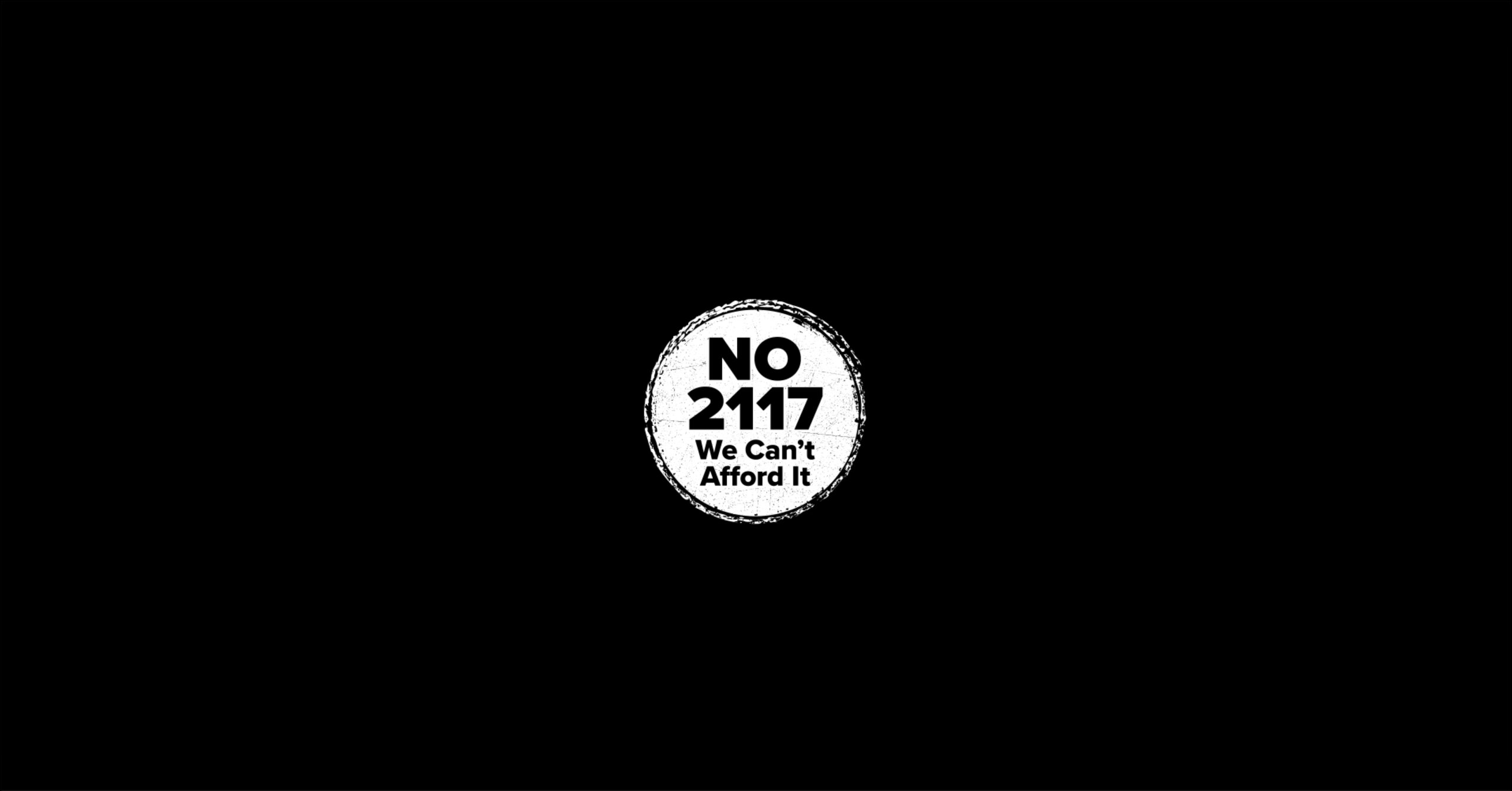Seattle Foundation’s deep commitment to climate justice over the last decade includes using our voice to call attention to important transit and climate related ballot issues. We are once again calling attention to a critical ballot initiative – I-2117 – that could potentially have devastating impacts on our region’s ability to plan for and adapt to our changing climate by repealing the Climate Commitment Act.
Washington state is a national leader in climate justice because of the Climate Commitment Act, and Seattle Foundation is a proud partner in these efforts.
Through our Climate Justice Impact Strategy, we annually invest over $1million in community-led efforts that are strongly aligned with the Climate Commitment Act. We also work with Seattle Foundation donors who invest in similar environment and climate justice priorities through their grantmaking.
But philanthropy and private dollars cannot do this alone.
Policies like the Climate Commitment Act help to ensure that we are doing all we can to make the right choices to do the least harm to our communities.
The potential repeal of this critical policy through Initiative 2117 could dramatically change this.
What is I-2117?
This initiative, that will appear on the November ballot, seeks to prohibit all state agencies, counties, and cities from implementing any type of carbon tax credit trading program (e.g. cap and trade or cap and invest) and repeals the 2021 Climate Commitment Act passed by the Washington Legislature.
In short, the Climate Commitment Act is designed to cut emissions and toxic air pollution from Washington’s largest polluters. In Washington state, about 100 entities like energy plants, larger fuel consumers, fuel suppliers, and industrial facilities account for around 75% of statewide greenhouse gas emissions. The Climate Commitment Act sets a limit for these emissions while simultaneously raising and investing resources in critical efforts to protect our region and adapt to our changing climate.
In 2023, it raised close to two billion dollars for investments in clean energy, transportation, and climate justice initiatives that we all benefit from.
The Costs of I-2117
Repealing the Climate Commitment Act could potentially have lasting consequences for every resident in Washington state.
Losing close to $2 billion in revenue will severely impact the state budget. Based on the programs currently supported through the Climate Commitment Act, the loss of funds could greatly decrease investments in air quality, fish habitat, and preventing wildfires. It could negatively impact the transportation budget, putting transit service, bike to school programs, ferries, and road projects at risk. Native communities could potentially lose the resources to protect them from natural disasters like floods and rising sea levels.
Without a dedicated revenue source for climate adaptation and equitable transit, other critical community priorities including affordable housing, childcare, and basic needs could likely face cuts as the state budget will need to be rebuilt to account for a significant revenue loss.
Public investments must be made to mitigate the harms of pollution and climate change, including extreme weather events, contaminated drinking water and waterways, poor air quality, and unhealthy housing, which are critical to our quality of life.
No on I-2117.
For these reasons, Seattle Foundation believes it is imperative to protect the Climate Commitment Act, and are joining private and public partners like Microsoft, Connie and Steve Ballmer, and the Seattle Metropolitan Chamber of Commerce to endorse the No on I-2117 campaign.
Learn more about the No on I-2117 campaign, the coalition of supporters, and come November, we encourage you to Vote No on I-2117.
Paid for by:
Seattle Foundation
1601 Fifth Avenue, Suite 1900
Seattle, WA 98101-3615

